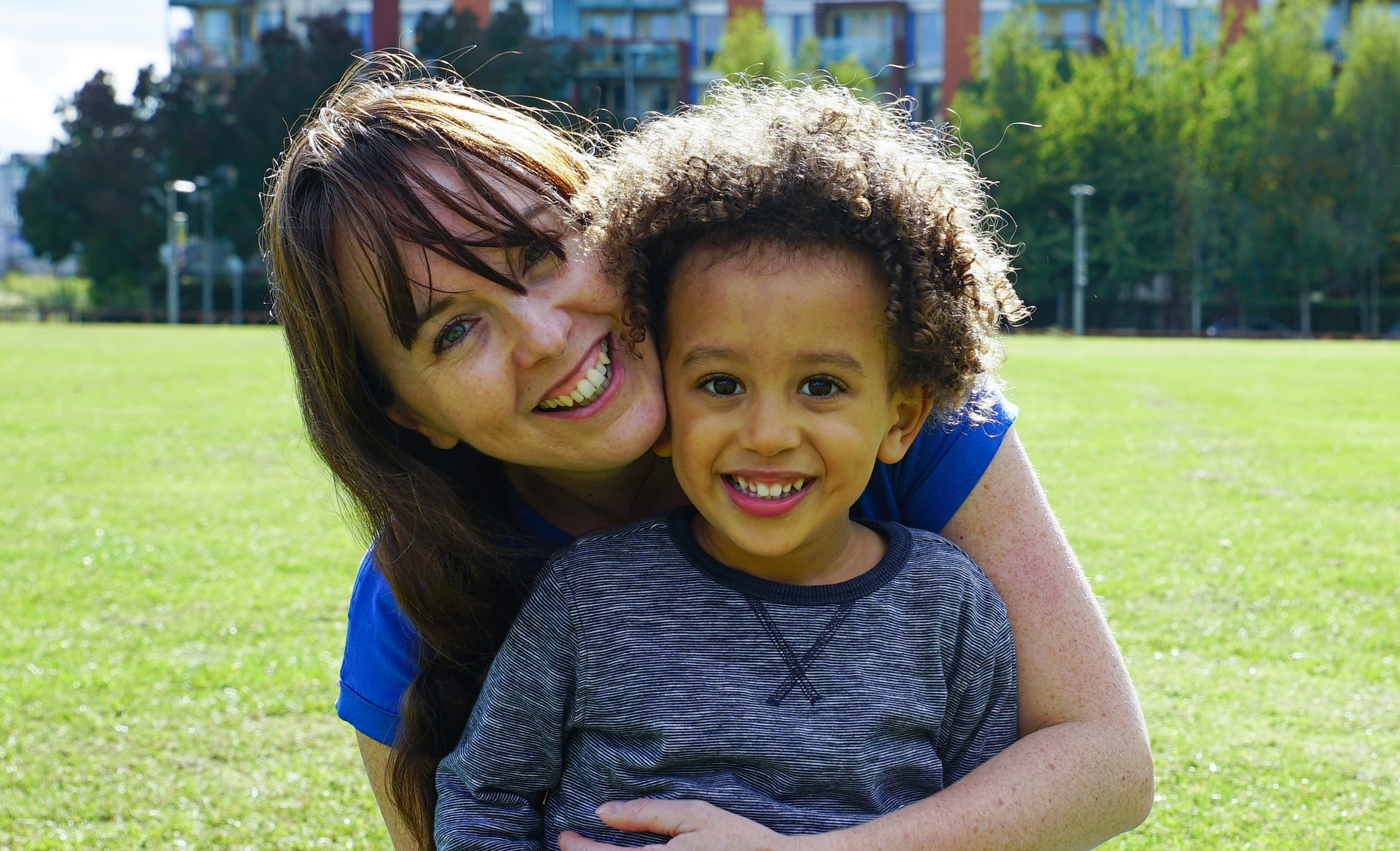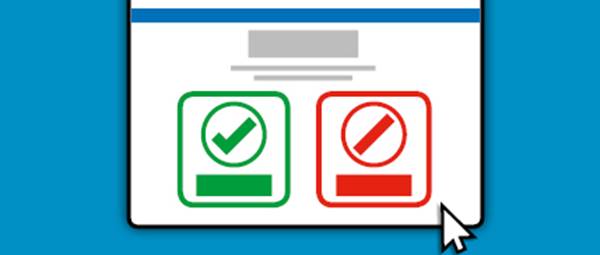Why register?
Find out why it's really important that you do.
The cornea is the clear outer layer of tissue at the front of the eye which lets in light so that you can see.
If you choose to donate your corneas after you die, you could give someone back the gift of sight.

You may hear people talk about 'eye donation', but eyes are never transplanted whole.
Eye donation involves donating your corneas, not your iris or the whole eye.
This is why, when you choose to become a donor, you will see corneas among the list of organs and tissue you can choose to donate.
If you've already registered a decision and chose not to donate your corneas, you can amend it at any time.
If you choose to become a cornea donor when you die, you could help restore the sight of patients with a variety of conditions, such as:
We do not currently have enough donated corneas in the UK to help everyone in need of a transplant.
You could help change this.
Even people who may be unable to donate their organs can usually become cornea donors.
This is because not all of the restrictions that apply to organ donation are applicable to tissue donation.

We find eye things ickyPaul Kerensa
Comedian and writer
“When I needed a cornea, I naively went into it with my eyes not fully open, and not just because of my eye problem! I had no idea there were shortages.
"I’m a comedian, and always thought I couldn’t get cornier - but thanks to a stranger’s generous decision, made years ago... I wear my hand-me-down cornea with pride.
"Some people don’t like to donate corneas. We find eye things ‘icky’. Others don’t want to donate anything. Many haven’t even thought about it.
"All I ask is: think about it. It means that I can see, and others can live. Think about donation. Talk about donation. I’m hugely grateful to my donor - someone I’ve never met, but who’s changed my life."
"I know that my cornea belonged to a 65-year-old woman. I thank her for her legacy."
If you would like to help others after you die by becoming a cornea donor, the best thing to do is to add your name and decision to the NHS Organ Donor Register.
Act now to change lives in the future.

It takes just two minutes to register online.
Alternatively, you can call us on 0300 123 23 23.
Find out why it's really important that you do.
Organ donation will only go ahead with the support of your family, and clinicians will never proceed with organ donation if your family or loved ones object.
Get tips on how to talk to your loved ones about organ donation